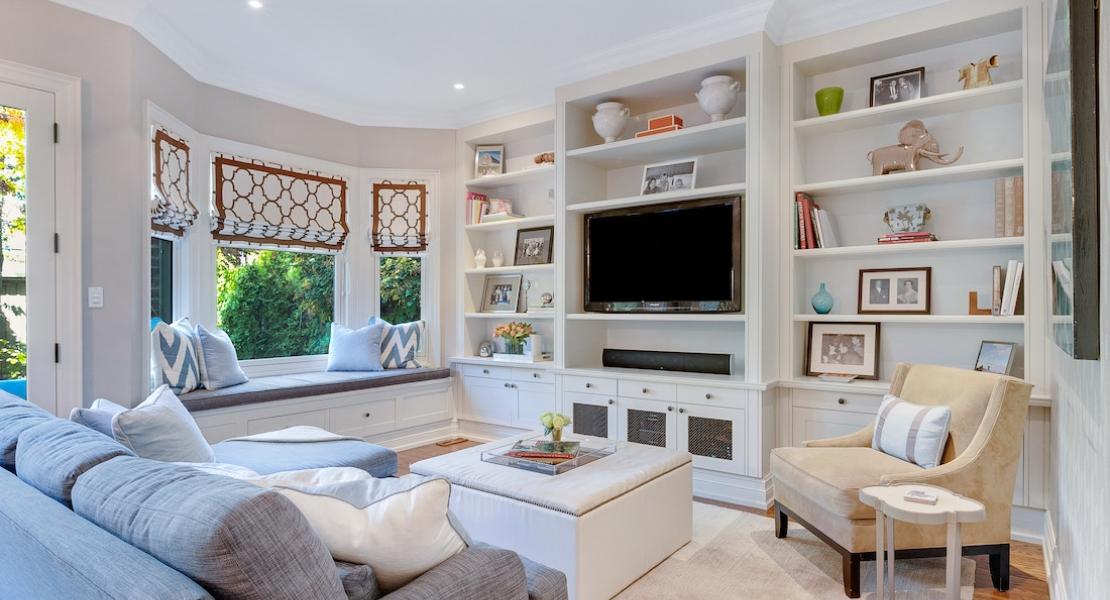
Whenever the sales contract for residential improved property is used, there is the potential that sales tax may be due if any furnishings are included in the sale. Line 10 of the NABOR sales contract seeks to skirt the issue by stating:
The personal property shall be free from liens and is deemed without value left for the convenience of the parties and transferred without consideration unless otherwise agreed to by both parties.
While the sale of Florida real estate is subject to a documentary transfer tax and not sales tax, unfortunately, in some cases depending upon how the transaction is written and structured, sales tax may be due upon the value of furnishings or other personal property being conveyed. This creates challenges when writing up contracts. The general rule is whenever the transfer of furnishing is incidental to the sale of real estate and no specific value is given, the transfer is not subject to sales tax. Additionally, Florida law provides an exemption from the sales tax for sellers who specify a value and sell personal property as part of the transaction on an “occasional or isolated” basis, without using the services of a broker or cosigner.
However, a potentially serious problem can arise if the transaction is brokered through a listing agreement and a separate value is placed upon the furnishings separate and apart from the sales price of the real property. Technically speaking in those instances, a real estate broker is required to register as a dealer and collect as well as remit the required sales tax. Failure to do so can result in the broker being responsible for the tax payment as well as being subject to criminal prosecution.
COLLATERAL CONCERNS
- FURNISHED OR TURN-KEY LISTINGS
If the transaction indicates the property is being sold together with furniture and fixtures or is being sold turn-key without listing each item separately, then neither the Seller nor the Broker is required to collect any sales tax, even if there was a blanket allocation to fixtures and furniture. However, once personal property is itemized and the transaction is brokered, sales tax should be collected.
However, failing to itemize the personal property can lead to problems and prove too vague for the Buyer in the event of a dispute. In those instances, the burden of proof lies with the buyer which will be an extremely difficult burden to prove.
- MORTGAGE FINANCING
Whenever a Buyer is obtaining mortgage financing, lenders will not allow the value of furnishings to be included in the mortgage financing. If they see the property is being sold furnished, they will deduct the value of the personal property and require a higher down payment. In other instances, in absence of a specified amount for the personal property, many lenders will require an appraisal of the furnishings.
- TITLE INSURANCE AND DOCUMENTARY STAMPS
If the personal property transferred with the real estate has a separate value, another issue is created. Title insurance, as well as documentary stamps, are technically to be valued only upon the calculation of the real estate conveyed. However, if personal property (furnishings) is broken down on the closing statement, the parties run the risk of sending a red flag to the lender as well as the Florida Department of Revenue.
SUGGESTED APPROACH
I am a strong believer in a very detailed inventory. This avoids any potential problems at the time of closing as to what is or is not included with the purchase. Everything should be specified down to knick-knacks. If something is missing it becomes black and white.
My recommendation for Buyers and Sellers is to have a separate personal property sales contract executed directly between themselves outside of the sales contract contingent upon the sale of real property. It should contain a detailed inventory that assigns minimal “garage sale” value to what is being sold. This accomplishes a number of goals.
First, a separate personal property sales contract with a detailed inventory avoids potential problems at closing.
Second, a separate contract resolves any lenders' concerns by placing an actual value (albeit nominal value) on the furnishings.
Third, a separate contract takes the Broker out of the equation of being responsible for sales tax.